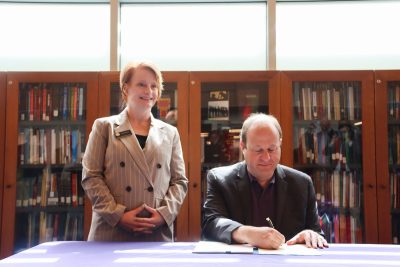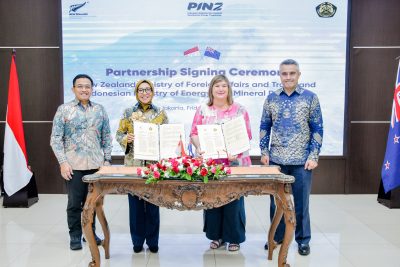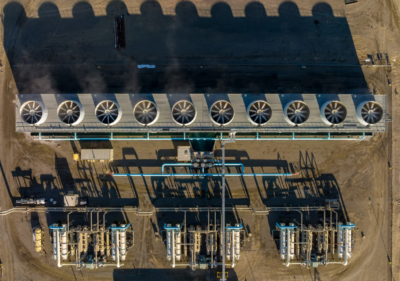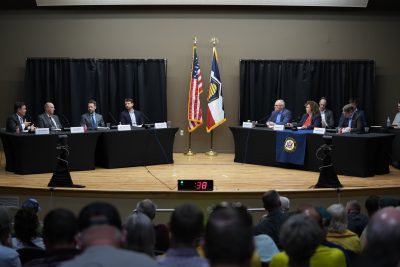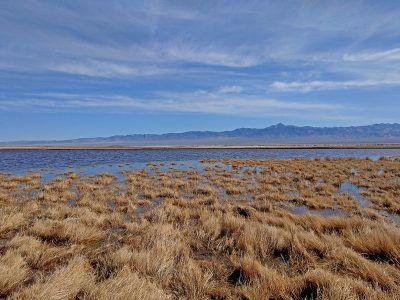Utah lawmakers appeal for strengthened policy support for geothermal
With much geothermal potential in Utah still undeveloped, local lawmakers and industry leaders are calling on streamlined federal permitting.
In the US, several Utah lawmakers and representatives of geothermal developers and operators made the case for improved government support for geothermal development during an oversight field hearing held by the House Committee on Natural Resources, Subcommittee on Energy and Mineral Resources in Cedar City, Utah. Long permitting times remained the core issue of the hearing, with permits for development on federal land possibly taking more than 10 years to be granted.
Permitting has hindered geothermal growth
Behind California and Nevada, Utah is the 3rd state in the US with the largest installed geothermal power generation capacity. The scales are massively skewed however – California and Nevada account for more than 90% of the United States’ capacity, while Utah contributes only 3.2%.
Utah Republican Rep. Celeste Maloy argues that geothermal has remained underappreciated and underutilized, and that the lack of investment in geothermal does not match its scale of opportunity. Maloy has proposed the Geothermal Energy Opportunity Act, which gives the US Department of Interior only 60 days to process a geothermal drilling permit.
Tim Latimer, CEO of Fervo Energy, echoed the woes of long permitting times. “Today, 90% of geothermal resources lie on federally managed land, but permitting can take up to a decade, much longer than equivalent wind, solar, oil and gas projects. That needs to change.”
Paul Thomsen, Vice President of Business Development at Ormat Technologies., added the interagency conflicts further add to the delays caused by long permitting. For instance, the US Fish and Wildlife Services has threatened the Department of Interior with a lawsuit following the granting of geothermal permits that may compromise certain fish species. Thomsen added that he was confident that geothermal permitting can still be done in an environmentally safe manner, even if it was expedited.
Expanded lease sales and lack of transmission lines
Beaver County in Utah is famously the site of the Fervo Cape project, which seeks to established Enhanced Geothermal Systems (EGS) using technologies developed in the shale gas drilling industry. The company has been very successful in securing off-takers for the power from the project, but with California-based utilities such as with Southern California Edison, Clean Power Alliance, and Shell Energy.
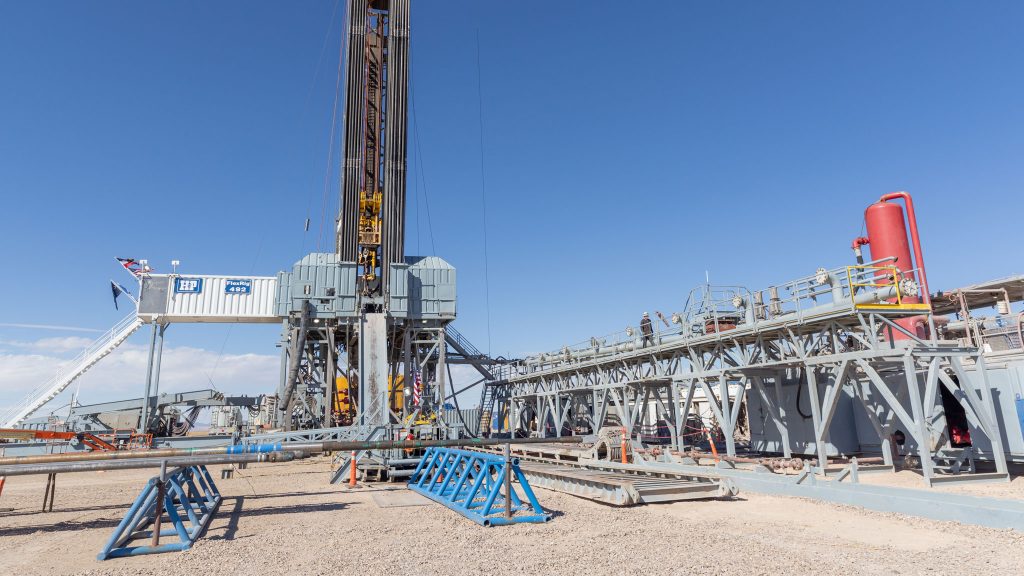
The slow construction of transmission lines, also burdened by federal regulations, has also been a challenge for developing geothermal power facilities. Jake Garfield, deputy director of the Utah Office of Energy Development, recounted that it has taken 16 years to permit the construction of a long transmission line from Wyoming to southern Nevada.
“If we see delays like that for transmission, we’ll never see the full buildout of Utah’s geothermal potential,” Garfield concluded.
Further, Garfield called on the Bureau of Land Management (BLM) to offer up more parcels of land for geothermal lease in Utah. Garfield stated that the BLM has put up more than 160,000 acres of land in Utah in the last five years, but has also offered more than 700,000 acres in Nevada in the same timeframe.
A recent BLM geothermal lease sale in Utah succeeded in generating over USD 5.6 million in high bids for 14 parcels. It set a record for generating the most revenue per acre compared to any previous geothermal lease sales on BLM public lands in Utah, indicating higher investor interest for geothermal projects in the state.
Source: House Committee of Natural Resources, Utah News Dispatch, and DeseretNews










